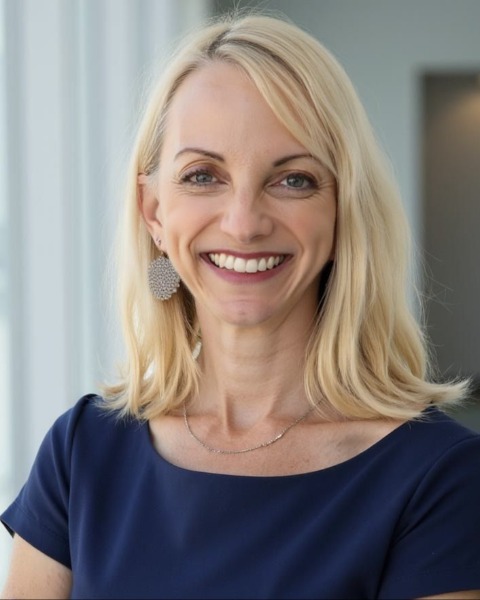Paper Presentation
Feminist Scholarship
Session: Global Feminism
Intersectional Deaf Feminism: A Global Human Rights Framework for Inclusive Social Work Education

Elizabeth Hill, MSW (she/her/hers)
Doctoral Student
Monmouth University
Presenter(s)
This presentation introduces "Global Intersectional Deaf Feminism," a framework emphasizing the human rights and inclusion of deaf and hard of hearing (d/hh) communities. Addressing gaps in social work education, this model encourages practitioners to advocate for global systems change, disability justice, and intersectional practices tailored to d/hh communities worldwide.
Learning Objectives:
At the end of this session, attendees should be able to:
- Upon completion, participants will learn relevance of an expansion of intersectional feminism from a global human rights framework to social work education. Concepts of audism, linguicism/linguistic colonialism, sexism, racism, and classism that disproportionately affect deaf and hard of hearing (d/hh) women and nonbinary individuals will be explored.
- Upon completion, participants will learn the importance of the integration of language, bodily autonomy, and cultural identity in understanding the lived realities of d/hh women, girls, and nonbinary individuals, into social work education to promote equity and disability justice.
- Upon completion, participants will use this framework from a human rights and intersectional feminism paradigm to be key partners in systemic change with d/hh women, girls, and nonbinary individuals.
